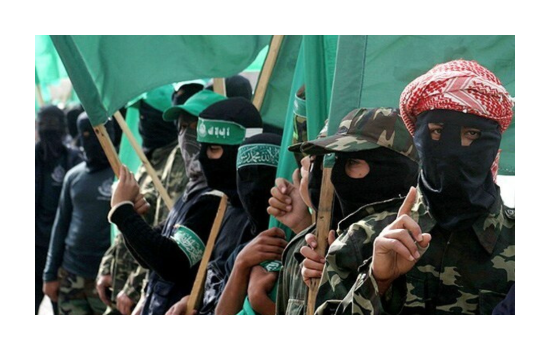Michael Oren
Jerusalem Post, Mar. 15, 2024
“For all the agony and the sorrow,” I observed. “Hamas has reminded us that we are a nation, a people, a family—a mishpacha.” And yet that oneness is threatened by political rifts that can often seem unbridgeable.”
Anybody who’s ever concluded a speaking tour, especially one as long as mine—nine weeks—knows this feeling. Of being in an airport and not being able to say for sure what city it’s in or even the date of the month. All that remains are the impressions which, gathered in a time of desperate war, of a deepening sense of Jewish loneliness, and of skyrocketing antisemitism, are unprecedentedly profound.
In visits to several dozen Jewish communities across North America, I saw a degree of confusion and fear I never before encountered. People unfamiliar with antisemitism now confront it persistently and in multiple forms—in the Jew-hating slurs of pro-Palestinian protestors, in university administrators indifferent to their Jewish students’ plight, to the ovations received by comedians poking fun at Hollywood’s Jews, and filmmakers weaponizing the Holocaust against Israel.
Virtually every Israel supporter I met had lost friends because of that support. Though an occasional heckler accused Israel of causing antisemitism by killing Palestinians—internalizing the antisemitic claim that all Jews everywhere are liable for Israel’s actions—the vast majority of American Jews understood that rampant anti-Zionism merely exposed a latent Jew-hatred that existed well before October 7. All but a few realized that Israel’s security was directly linked to their own and that the state of American Jewry was severely threatened by attacks on the Jewish state.
… [To read the full article, click here]
_________________________________________________________________


